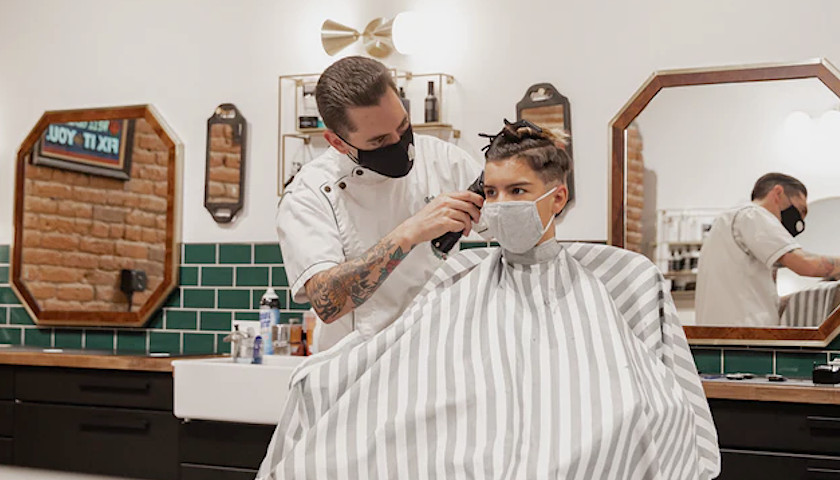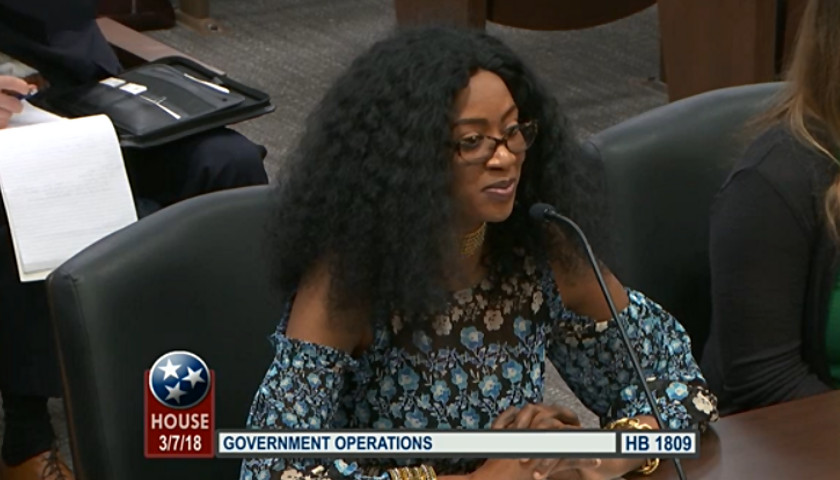One legislator wants to alleviate the burdens for individuals to obtain any licenses required by their profession or occupation. The bill, called the “Licensing Independence for Future Tennesseans Act,” or “LIFT Act,” would allow licensing authorities to issue licenses to those licensed previously. The act would create addendums within Title 62 and Title 63 of the Tennessee Code.
Specifically, the LIFT Act would require licensing authorities to issue licenses to an individual if they already have a similar license in another state for at least one year, haven’t had their license revoked or surrendered, don’t have unresolved disciplinary issues or pending investigations with other licensing authorities, and don’t have any disqualifying criminal history.
Specifically, the act would require licensing authorities to issue licenses to an individual if they already have a similar license in another state for at least one year, haven’t had their license revoked or surrendered, don’t have unresolved disciplinary issues or pending investigations with other licensing authorities, and don’t have any disqualifying criminal history.
Specifically, the act would require licensing authorities to issue licenses to an individual if they already have a similar license in another state for at least one year, haven’t had their license revoked or surrendered, don’t have unresolved disciplinary issues or pending investigations with other licensing authorities, and don’t have any disqualifying criminal history.
Read the full story





